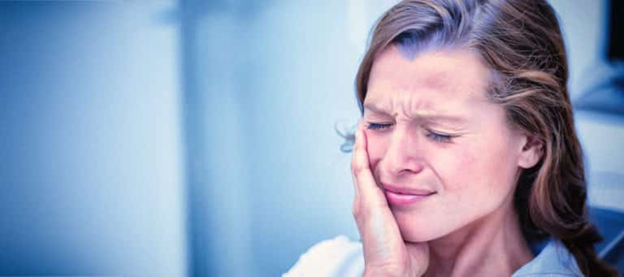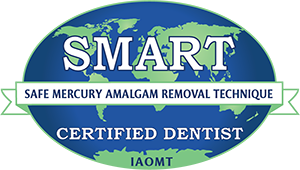Tooth Loss During COVID

Social isolation was associated with fewer remaining teeth and accelerated tooth loss among older adults in China in a study published on January 17 in Community Dentistry and Oral Epidemiology. This is believed to be the first study to use data from a nationally representative group to examine how social disconnection affects oral health, the […]
When Do I Need to Get a New Toothbrush?
How long have you been using the same toothbrush? Everyday we throw away expired food from our fridges, replace supplements and vitamins, and ensure that we don't run out of beauty products. Our dental hygiene, however, does not get the same amount of attention as the rest of our daily routines. We often forget about […]
5 Signs That You Need to Visit Your Dentist
There is an unfortunate tendency among many people to delay seeking treatment for dental issues. Barring an emergency or severe discomfort, many will overlook signs that should, in fact, be sending them to the dentist. Whether it be fear of the dentist or the simple hope that the issue will clear up on its own, […]
Grinding Teeth at Night: Do I Really Need a Night Guard?
Night guards for grinding teeth How Night Guards can Protect you from Grinding your Teeth Bruxism, the clenching or grinding of the teeth, is a common habit. You may do this without realizing it during the day, but it often happens during the night while you are asleep. This habit can be damaging to teeth, […]
Five Tips to Make Your New Dental Crown Last
Cosmetic And Aesthetic Dentistry, Dental Health, Dental News, Dental Procedures Broken tooth, Crown Rushmore Dental family dentistry When you started having a toothache, you knew you had a problem; but you didn't want to face what it meant. A year later, your tooth is broken, and you're in a lot of pain: it's past time […]



